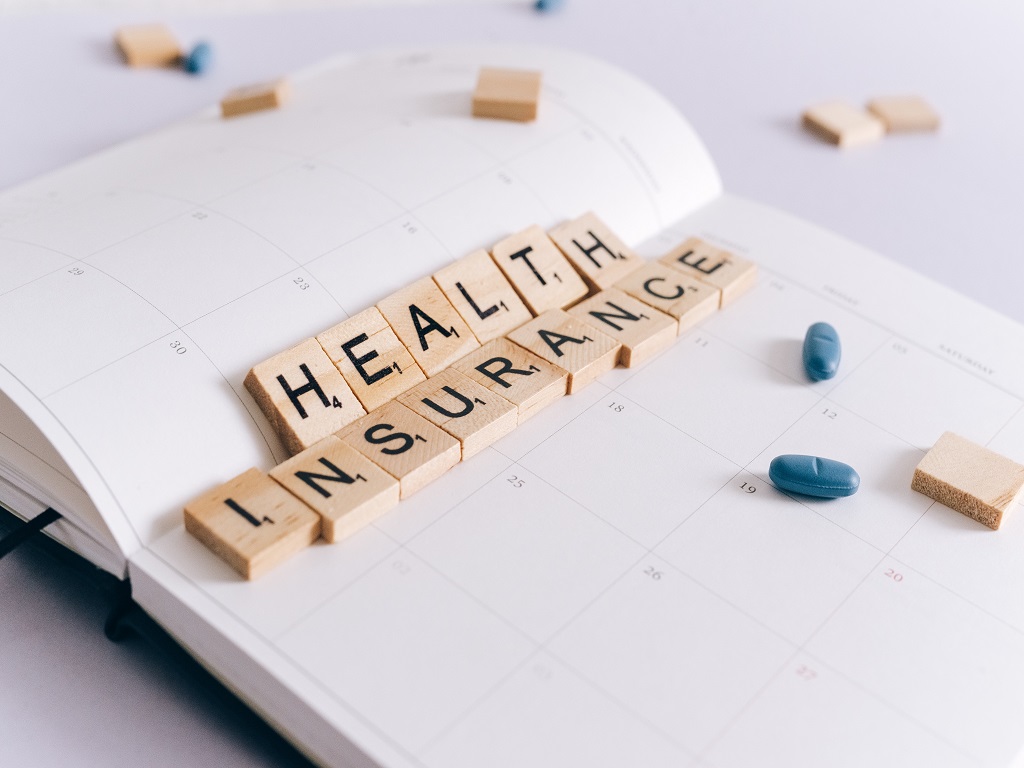Nothing is more frustrating than not having a good night’s sleep. The best way to combat the effects of having a restless night is by eating foods that will help you sleep.
Achieving a good night’s sleep is a multifaceted endeavor. While this article will focus on the top foods that can enhance sleep quality, it’s important to understand the other aspects that contribute to restful sleep, including pharmaceutical options, holistic solutions, and the right sleep environment. Let’s explore these elements to complement your dietary approach.
For those struggling with sleep disorders, pharmaceutical treatments may be necessary. Medications like melatonin supplements, sedative-hypnotics, and certain antidepressants are commonly prescribed to aid sleep. However, it’s crucial to consult a healthcare professional before starting any medication, as they can provide personalized advice based on your health needs.
Narcolepsy, a chronic sleep disorder characterized by overwhelming daytime drowsiness and sudden attacks of sleep, is one example of a condition that often requires specific treatments. Medications such as modafinil, sodium oxybate, and stimulants are frequently used to manage symptoms. In addition to medications, lifestyle changes and scheduled naps can help alleviate narcolepsy symptoms.
Beyond medication, therapeutic and holistic approaches can significantly improve sleep quality. Practices such as cognitive-behavioral therapy (CBT) for insomnia, relaxation techniques, yoga, and meditation have been shown to promote better sleep. Maintaining a consistent sleep schedule and creating a bedtime routine also help in establishing healthy sleep patterns.
Navigating the financial aspects of sleep treatments is important. Medicare may cover certain sleep-related healthcare costs, such as consultations with sleep specialists or treatments for sleep disorders. Additionally, many health insurance plans offer coverage for therapeutic interventions. Understanding your coverage can help manage the financial aspects of sleep treatments.
Creating the ideal sleep environment is crucial. The right mattress and sleep accessories can make a significant difference. Look for mattresses that support your preferred sleeping position and alleviate pressure points. Accessories like ergonomic pillows, breathable bedding, and blackout curtains also contribute to a conducive sleep environment.
Having explored the various ways to improve sleep, from pharmaceutical and therapeutic solutions to creating the perfect sleep environment, let’s now delve into the dietary aspect. The upcoming section on the 8 best foods to help you sleep will offer valuable insights into how your diet can significantly impact your sleep quality, providing a well-rounded approach to achieving restful nights.
The only downside to eating these sleep foods is that healthy meals might not be as exciting for you as some of your old favorites. However, it’s about time you start making sacrifices for more significant gains in the long run.
Kiwis
These are one of the most nutritious fruits in the world. They have also been proven to help you sleep. In one study, kiwis were influential in natural sleep-inducing compounds. Another study showed that people who ate kiwis and other antioxidant-rich foods several times a week slept longer during the winter months and less during summer months than those who ate desserts. You can eat the fruit by itself or in combination with other fruits. It makes a great combination with apples, bananas, oranges, and fruit juices.
Strawberries
Strawberries and other fruits rich in melatonin like bananas and pears are great for inducing sleep. They naturally boost melatonin production in your brain, which makes you tired. Try eating a few strawberries before sleeping for a good night’s rest. Do not forget to include them in all your smoothies—they will taste great and add nutritional value to your meal. With a great night’s sleep, you will be able to tackle the world and your daily obligations with vigor and energy.
Salmon
Salmon is one of the healthiest foods you can eat. It is rich in omega-3 fatty acids, responsible for reducing inflammation and inducing sleep. When you eat salmon, your body produces two hormones that reduce depression and anxiety, which can interfere with getting good sleep at night. Aside from being good for your mood, salmon is also good for the skin. Salmon is perfect for heart health and is extremely low in saturated fat. Omega-3 fatty acids naturally found in salmon act as sleep promoters. People who eat salmon regularly have less trouble sleeping than those who do not eat it. Salmon is an excellent source of protein that will help you build muscle and lose weight.
Dairy
Not all dairy has the same nutritional value. Vitamin D fortified dairy is a great way to get more benefits from your daily intake of dairy foods. Vitamin D in dairy products helps you sleep by raising cortisol levels, a hormone that makes you feel tired after spending time awake. It is important to remember that not all types of cheese and milk are fortified with vitamin D; rather than purchasing any other kind, choose the vitamin D varieties.
Whole Wheat Bread
This bread is rich in carbohydrates, but not all carbs are bad. Whole grains contain more vitamins and minerals compared to refined grain products. The fact that whole wheat contains a lot of fiber makes it an excellent food for inducing sleep. The complex carbs in whole wheat also lower your blood glucose levels, which help you to fall asleep faster. Ignore the myths about carbs. The right kind of carbs at the right time can help you sleep better, especially when you’re stressed. Develop an effective habit of eating whole grains for breakfast. This is a healthy way to start your day.
Leafy Greens
Leafy greens are great for detoxifying the body. They also have a lot of chlorophyll and other plant nutrients that help you get rid of toxins in your system and make you feel better throughout the day. Aside from being loaded with antioxidants and vitamins, they increase the level of serotonin in your brain, which will help you sleep. However, there are better sources of food than just leafy greens. Other good choices include broccoli sprouts and asparagus.
Orange Juice
Orange juice is easy to make and can be served as breakfast, a snack, or even an evening drink. It is packed with vitamin C, which helps your body produce more of the important sleep hormone melatonin. In addition, the vitamin C content in orange juice helps keep your immune system strong. The sad thing about oranges is that they are costly; try to find out if there are cheaper alternatives such as orange concentrate, or you can make it yourself at home.
Mediterranean-Inspired Dishes
Spicy foods like Mexican and Indian dishes can cause burning sensations in the mouth. This sensation can interfere with getting to sleep at night because it raises your heart rate and interferes with melatonin production. For this reason, you should avoid all spicy foods before going to bed. Instead, try eating Mediterranean-inspired dishes rich in healthy fats and protein, such as salmon and nuts. These foods will help you sleep, but they also promote healthy fat metabolism.
Finally, sleep is a vital state of relaxation. When you are asleep, your body recovers from daily activity and works overtime to heal. If you sleep well, it’s better than drinking coffee in the morning. After all, if you can sleep well, you will wake up ready to face tomorrow with energy and ambition. One thing is sure—if you don’t sleep well, eating well won’t do much for your health.
Therefore, always remember to eat foods that will help you sleep and create a habit. This way, you can reap the full benefits of eating healthy, not just on your looks but also on your overall health. Finally, when eating food that promotes sleep, be sure to avoid junk food and processed foods like cookies and chips. These are not only bad for your health, but they are also insufficient for inducing sleep.
Disclaimer
This article is for informational purposes only and is not intended to be a substitute for professional consultation or advice related to your health or finances. No reference to an identifiable individual or company is intended as an endorsement thereof. Some or all of this article may have been generated using artificial intelligence, and it may contain certain inaccuracies or unreliable information. Readers should not rely on this article for information and should consult with professionals for personal advice.




